Product Name: Aluminum Forging
Product Type: Metal Forging
Material: Aluminum
Shape: Customized
Surface Treatment: Anodizing, Powder Coating, Spray Painting, Polishing
Production Process: Die Casting, Press Forging
Advantages:
1. High strength-to-weight ratio
2. Superior mechanical properties
3. Enhanced resistance to fatigue and wear
4. Tight dimensional tolerances
5. Cost-effective production
| Color | Silver |
|---|---|
| Material | Aluminum |
| MOQ | 1 Pcs |
| Sample | Available |
| Place of Origin | China |
Product Details
MINGYU Tech is a leading supplier of complex forged aluminum hub to the energy industry. With over 20 years of experience and state-of-the-art facilities, we have the expertise and capabilities to produce forgings that meet the stringent requirements of the energy industry. Our team of engineers and technicians work closely with customers to develop custom solutions that meet their specific needs. We are committed to providing our customers with high quality products and excellent customer service.
The first step in the forged aluminum hub process is to select the appropriate grade of aluminum for the desired product. Different aluminum alloys have varying chemical compositions and properties, making them suitable for different applications. Once the aluminum has been chosen, it is heated in a furnace to a temperature between 700-800 degrees Fahrenheit. This temperature is critical, as it allows the aluminum to become malleable without melting.
Next, the heated aluminum is placed into a forging machine, where it is subjected to intense pressure. This pressure changes the shape of the aluminum, creating the desired product. The process is repeated multiple times, with the aluminum being reheated and re-forged until it reaches its final shape and size. This method of shaping allows for precise control over the dimensions and specifications of the product.
forged aluminum hubs are known for their high strength-to-weight ratio, making them ideal for applications in the aerospace, automotive, and defense industries. They are also highly resistant to corrosion and have excellent thermal and electrical conductivity, making them suitable for use in electrical components. The precision and durability of forged aluminum hubs make them a popular choice for critical components such as aircraft parts, automobile engine components, and industrial machinery.
| Place of Origin | China |
| Material | Metal Aluminium Steel Copper Brass |
| Process | Forging+machining+HT+finish Machining |
| Surface treatment | Polishing |
| Application | Machinery Parts |
| Product name | forged aluminum hub |
| Certificate | TS16949/ISO9001 |
| Color | Customized Color |
| Quality Control | 100% Inspection |
| Lead Time | 17-30 Days |
| MOQ | 1 Piece |
| Supply Ability | 199616 Piece/Pieces per Month |
| Quantity (pieces) | > 494 |
| Lead time (days) | To be negotiated |
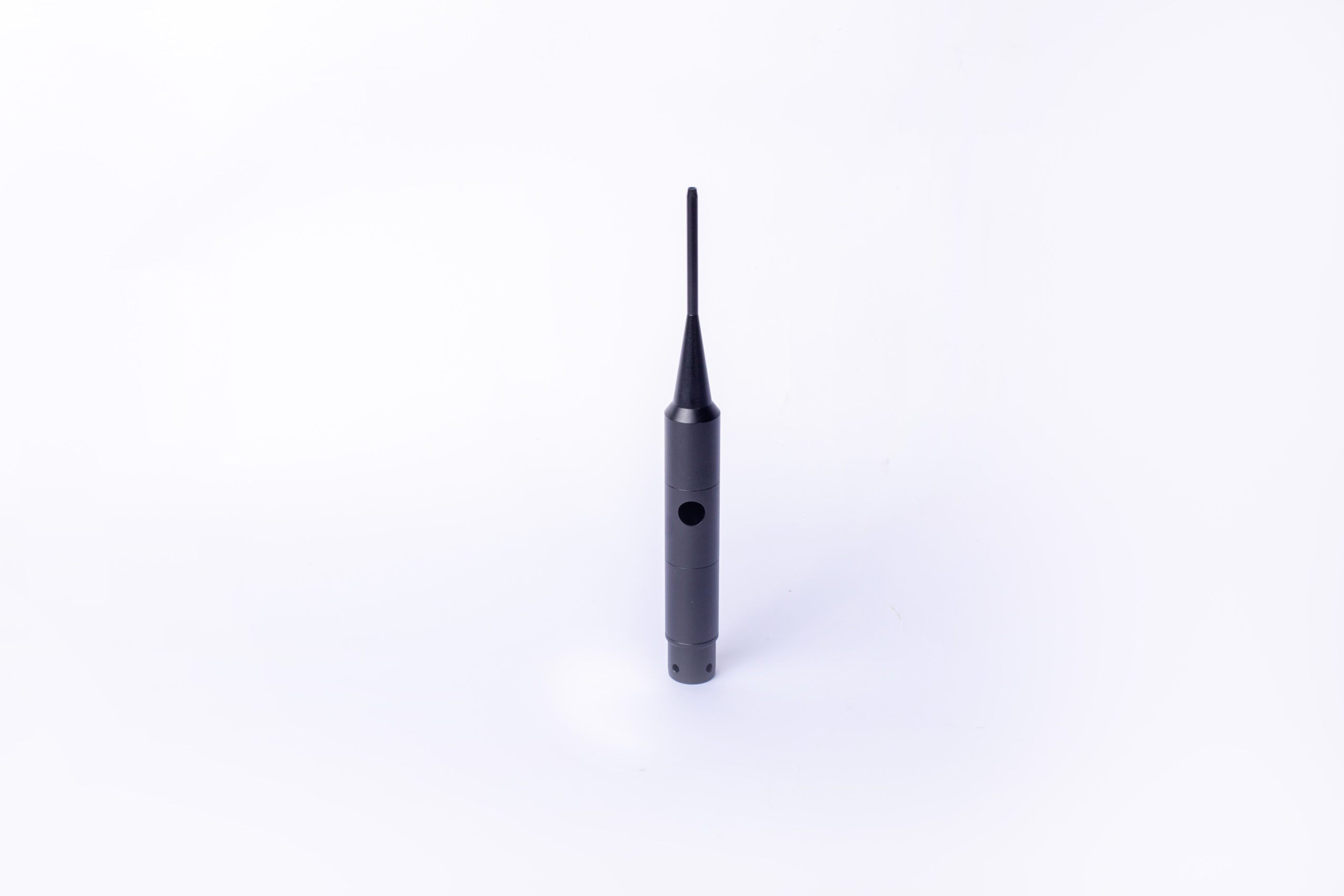
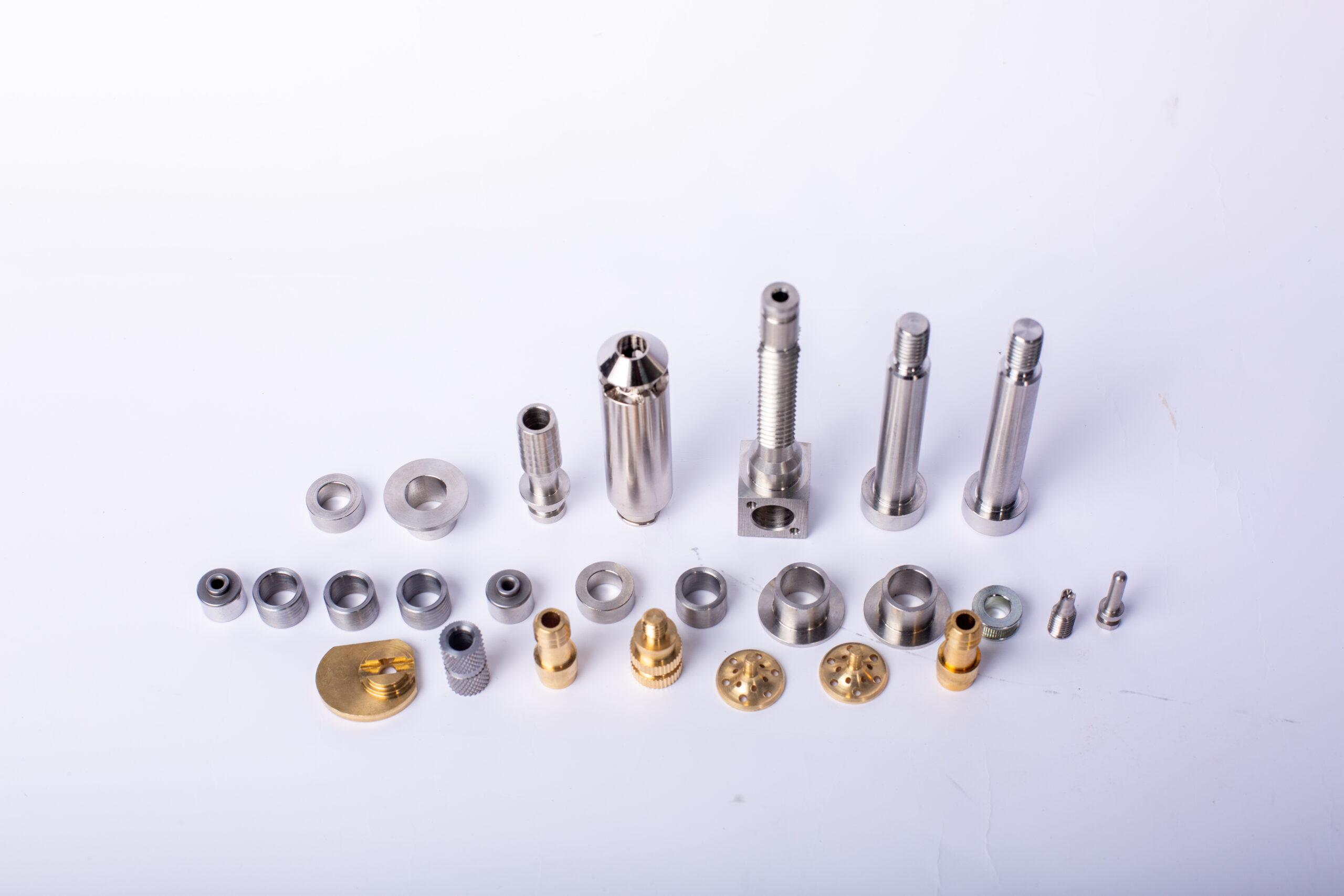
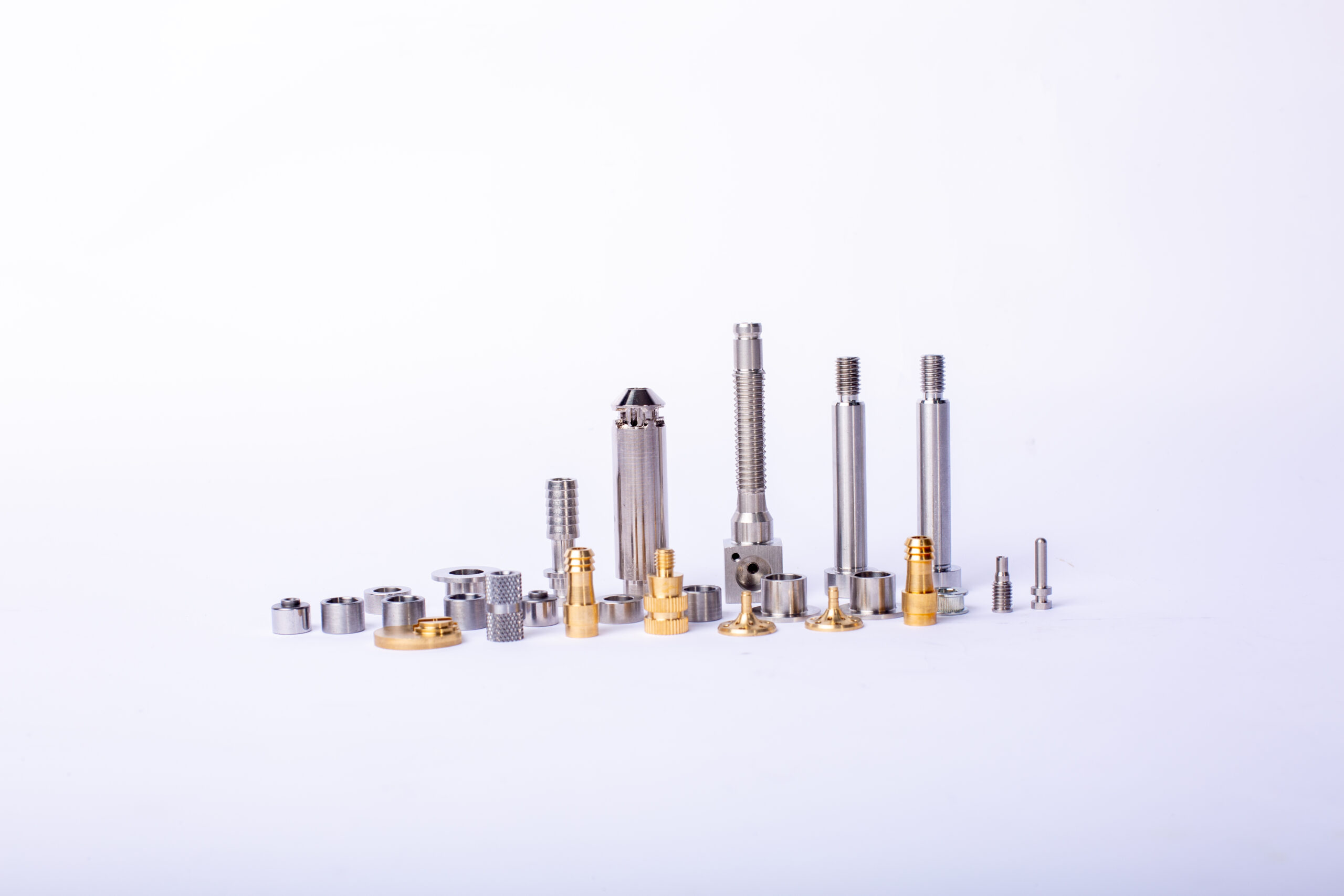
forged aluminum hub FAQs Guide.
Our company is dedicated to providing high-quality forged aluminum hub products to meet the needs of various industries. With advanced technology and skilled craftsmanship, we have become a leading manufacturer in the field of forged aluminum hub. Our products are widely used in aerospace, automotive, and construction industries, just to name a few. We take great pride in our products as they are not only durable and reliable, but also lightweight and eco-friendly. Through this introduction, we hope to showcase the versatility and excellence of our forged aluminum hub products. Thank you for choosing us as your trusted provider of top-notch forged aluminum hub products.
1.About forged aluminum hub MOQ
The minimum order quantity (MOQ) for aluminum forging depends on the size and complexity of the part being forged. Generally, the MOQ for aluminum forging is between 500 and 1000 pieces. However, some aluminum forging companies may be willing to accept orders for smaller quantities.
2.About forged aluminum hub production capacity
Aluminum forging production capacity is determined by the size and complexity of the parts being produced, the type of forging process used, and the number of machines available. Generally, the larger the part, the more machines and time are required to produce it. The complexity of the part also affects the production capacity, as more complex parts require more time and machines to produce. Additionally, the type of forging process used can affect the production capacity, as some processes are more efficient than others.
3.Are there any surface treatment options for forged aluminum hubs?
Our forged aluminum hub products undergo strict quality control to ensure customer satisfaction.
Yes, there are several surface treatment options for aluminum forgings, including anodizing, powder coating, painting, and plating. Anodizing is a process that creates a protective oxide layer on the surface of the aluminum, while powder coating and painting are used to add color and texture to the surface. Plating is used to add a layer of metal to the surface of the aluminum, such as chrome or nickel.
4.What are the different types of forged aluminum hub?
We have flexible production capacity. Whether you are large orders or small orders, you can produce and release goods in a timely manner to meet customer needs.
1. Closed Die Forging: This type of forging involves the use of two dies that are closed together to form a shape. The dies are usually made of steel and the aluminum is heated and then placed between the dies. The dies are then closed and the aluminum is forced into the desired shape.
2. Open Die Forging: This type of forging involves the use of a single die that is open at the top. The aluminum is heated and then placed in the die. The die is then closed and the aluminum is forced into the desired shape.
3. Roll Forging: This type of forging involves the use of two rolls that are used to shape the aluminum. The aluminum is heated and then placed between the rolls. The rolls are then rotated and the aluminum is forced into the desired shape.
4. Impact Forging: This type of forging involves the use of a hammer or other tool to shape the aluminum. The aluminum is heated and then placed on an anvil. The hammer or other tool is then used to shape the aluminum into the desired shape.
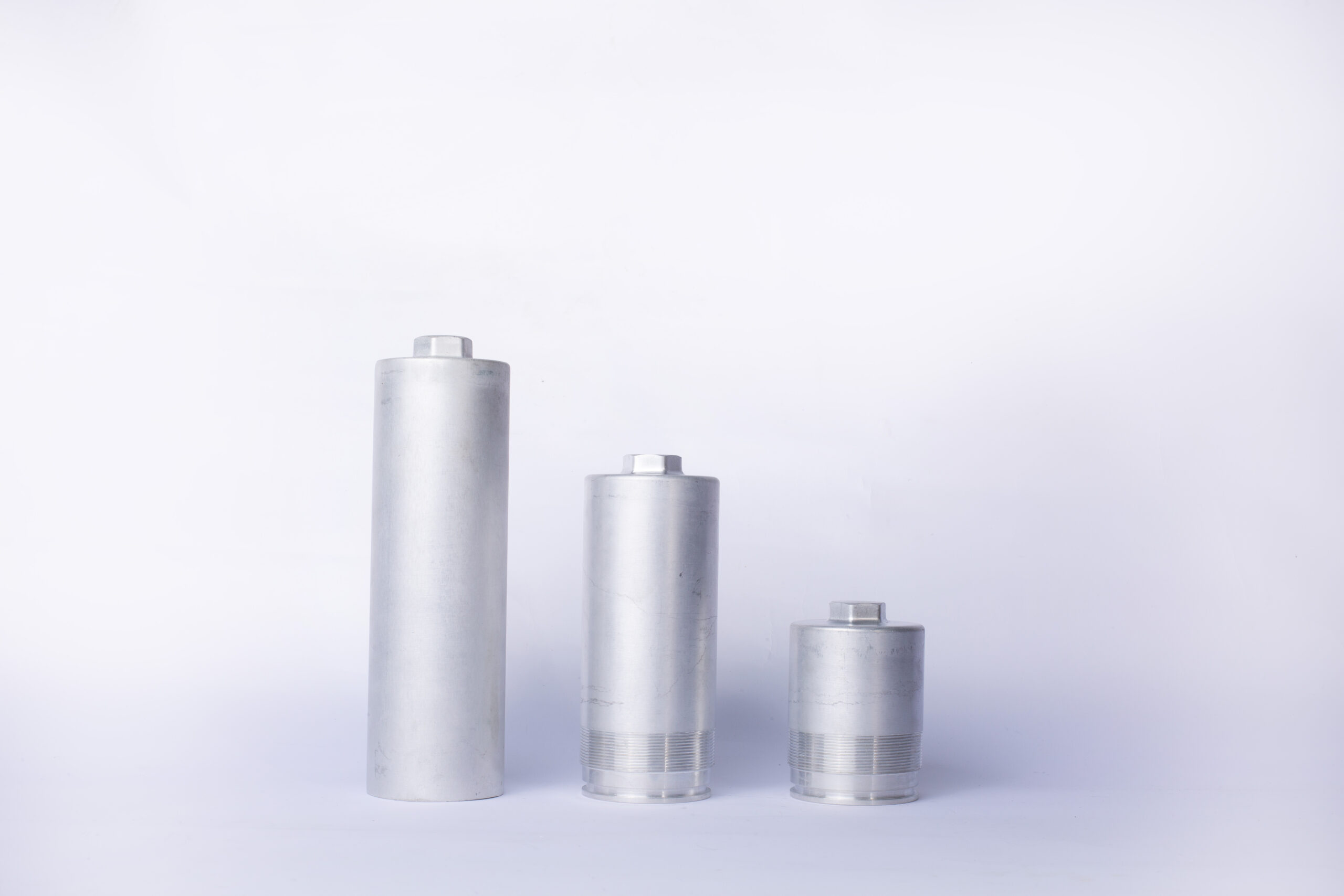
5.About forged aluminum hub raw materials
Aluminum forging raw materials are typically aluminum alloys that are heated and then shaped into a desired shape using a forging process. Common aluminum alloys used for forging include 6061, 7075, and 2024. These alloys are chosen for their strength, durability, and corrosion resistance. Other factors such as cost, availability, and machinability are also taken into consideration when selecting the right alloy for a particular application.
6.How is forged aluminum hub different from other metal forging processes?
We continue to invest in research and development and continue to launch innovative products.
Aluminum forging is different from other metal forging processes in that it requires a different set of tools and techniques. Aluminum is a softer metal than other metals, so it requires a different set of tools and techniques to shape it. Aluminum forging also requires a lower temperature than other metals, so it is more energy efficient. Additionally, aluminum forging is more cost effective than other metal forging processes due to its lower melting point.
7.About forged aluminum hub patent
Aluminum forging patents are patents that cover the process of forging aluminum into a desired shape. This process involves heating the aluminum to a high temperature and then using a hammer or press to shape it into the desired shape. The process of aluminum forging is used to create parts for a variety of industries, including automotive, aerospace, and medical. Patents related to aluminum forging cover the process of forging, the tools used, and the materials used.
8.About forged aluminum hub production skills training
Aluminum forging production skills training is a type of training that teaches workers how to safely and effectively produce aluminum forgings. This type of training is important for workers in the aluminum forging industry, as it helps them to understand the process of forging aluminum and how to produce quality products. The training typically covers topics such as safety, tooling, and the proper use of equipment. It also covers topics such as heat treatment, metallurgy, and the different types of aluminum alloys used in forging. Additionally, the training may cover topics such as quality control and inspection, as well as the different types of finishing processes used in aluminum forging.
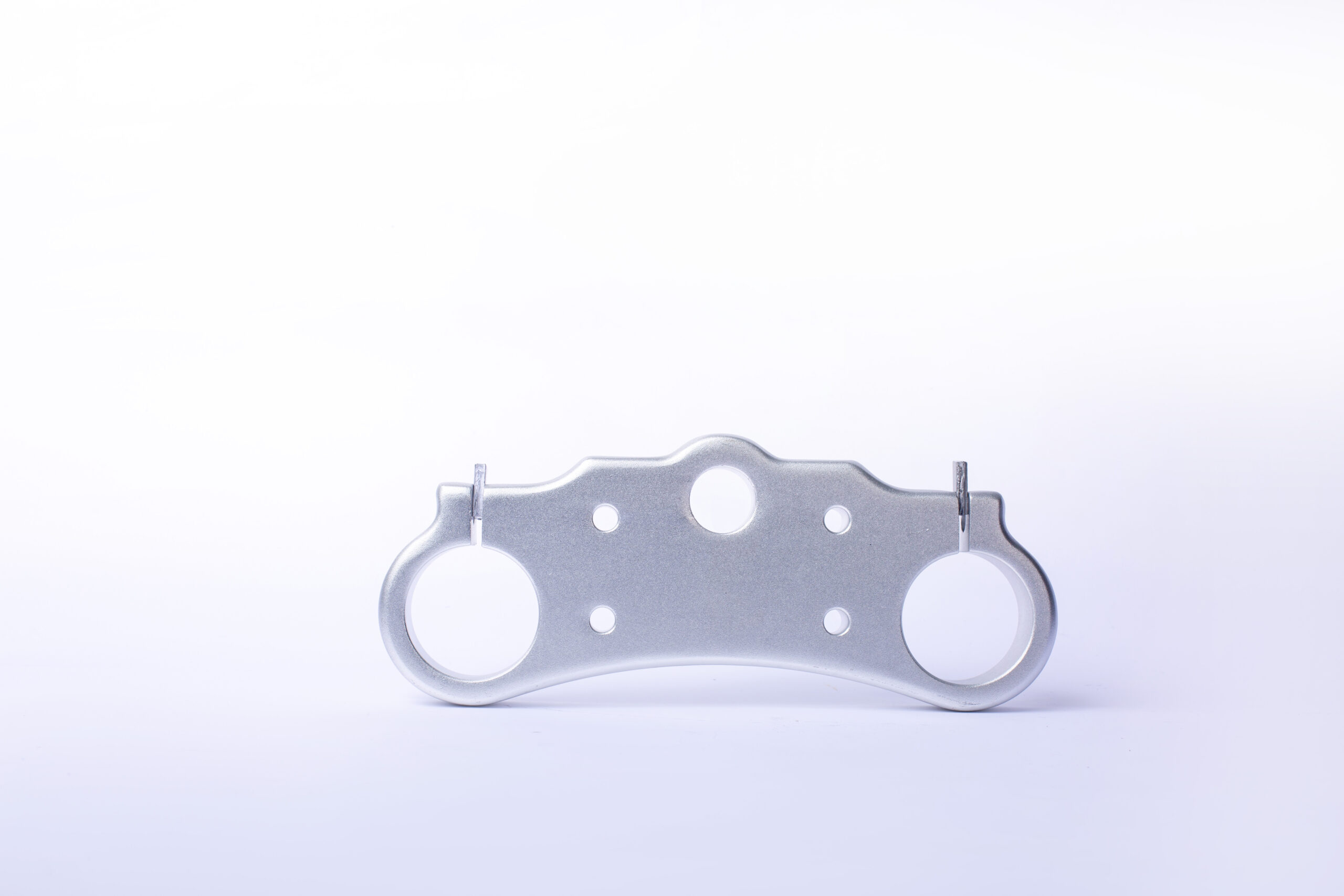
9.How durable are forged aluminum hubs compared to other metal parts?
We have established long-term and stable partnerships with our suppliers, so we have great advantages in price and cost and quality assurance.
Aluminum forgings are generally more durable than other metal parts due to their increased strength and resistance to corrosion. Aluminum forgings are also lighter in weight than other metals, making them ideal for applications where weight is a factor. Additionally, aluminum forgings are more resistant to fatigue and wear than other metals, making them a great choice for parts that need to withstand high levels of stress and strain.
10.About forged aluminum hub customization services
Aluminum forging customization services are a great way to get the exact parts you need for your project. These services allow you to customize the shape, size, and design of your aluminum parts to meet your exact specifications. The process of aluminum forging involves heating the metal to a high temperature and then using a hammer or press to shape it into the desired shape. This process is often used to create parts with complex shapes and intricate details. Aluminum forging customization services can help you create parts that are strong, lightweight, and durable.
11.Can forged aluminum hubs be welded or brazed?
Being one of the top forged aluminum hub manufacturers in China, We attach great importance to this detail.
Yes, aluminum forgings can be welded or brazed. However, it is important to note that aluminum is a difficult material to weld and requires special techniques and equipment. Brazing is often the preferred method for joining aluminum forgings, as it is less likely to cause warping or cracking.
12.What are the key differences between open die and closed die forged aluminum hub?
We continuously upgrade our skills and knowledge to adapt to changing forged aluminum hub market needs.
Open die forging is a process in which a hammer or press is used to shape a piece of metal between two flat dies without completely enclosing it. This process is used to create large, custom-shaped parts. Closed die forging is a process in which a hammer or press is used to shape a piece of metal between two dies that completely enclose the metal. This process is used to create smaller, more precise parts with tighter tolerances.
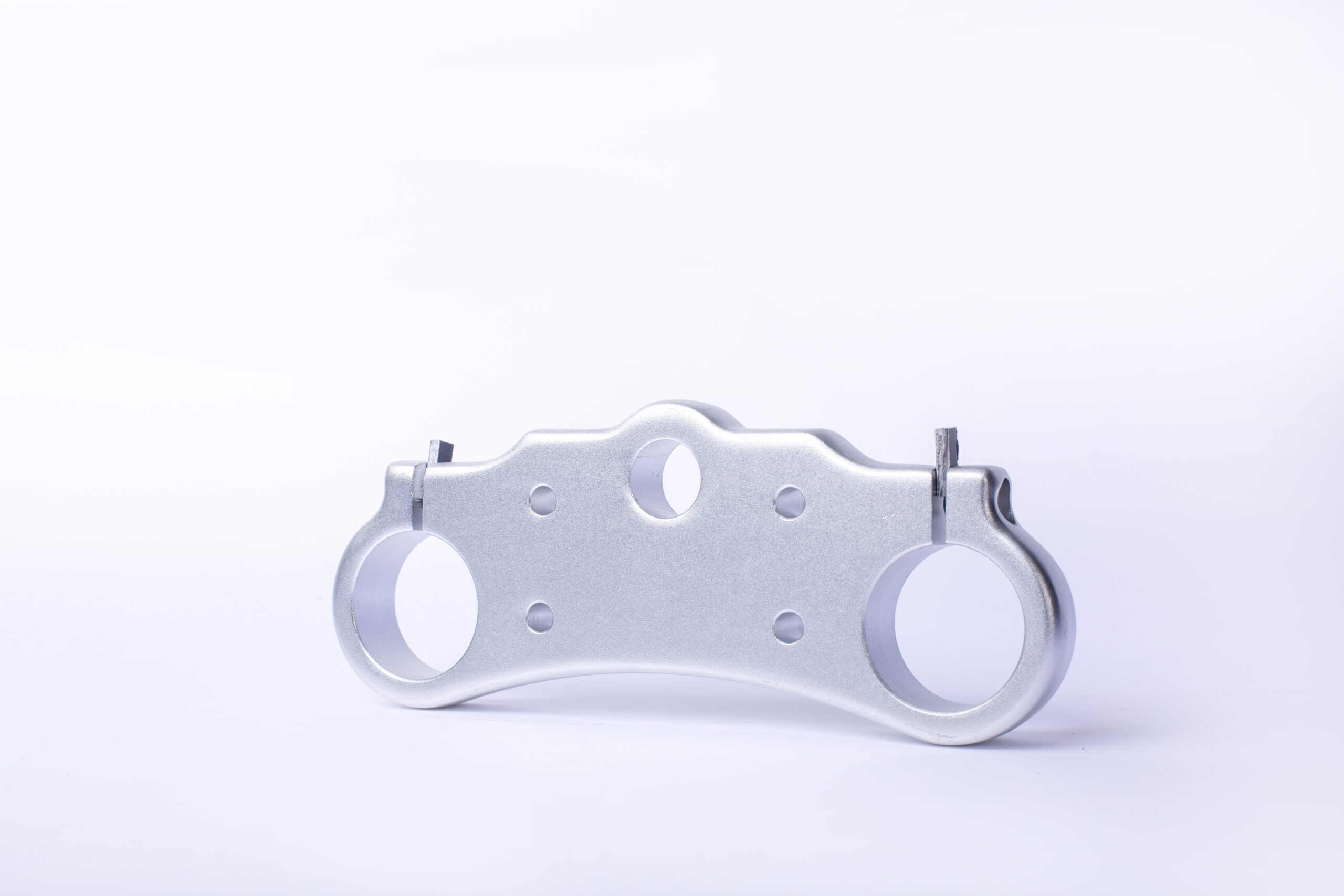
13.About forged aluminum hub quality system
Aluminum forging quality systems are designed to ensure that aluminum forgings meet the highest standards of quality and performance. Quality systems typically include a set of processes and procedures that are designed to ensure that all aluminum forgings meet the required specifications. Quality systems may include processes such as material selection, heat treatment, machining, and inspection. Quality systems also include documentation and record keeping to ensure that all processes are properly documented and tracked. Quality systems are essential for ensuring that aluminum forgings meet the highest standards of quality and performance.
14.How does the cost of forged aluminum hub compare to other metal forging processes?
We have advanced production equipment and technology to meet the needs of customers, and can provide customers with high quality, low priced forged aluminum hub products.
The cost of aluminum forging is typically lower than other metal forging processes due to the lower cost of aluminum compared to other metals. Aluminum is also easier to work with than other metals, which can reduce the cost of labor and production time. Additionally, aluminum is a lightweight metal, which can reduce the cost of shipping and handling.
15.How does the cost of tooling for forged aluminum hub compare to other metal forging processes?
We operate our forged aluminum hub business with integrity and honesty.
The cost of tooling for aluminum forging is typically lower than other metal forging processes due to the lower melting point of aluminum. This allows for shorter cycle times and less wear on the tooling, resulting in lower costs. Additionally, aluminum is a softer metal than other metals, which makes it easier to shape and form. This also helps to reduce the cost of tooling.
16.What are the properties of aluminum that make it suitable for forging?
We have the leading technology and innovation capabilities, and attach importance to employee training and development, and provide promotion opportunities.
1. Aluminum is lightweight and strong, making it ideal for forging.
2. Aluminum has a low melting point, making it easy to shape and form.
3. Aluminum is corrosion-resistant, making it suitable for outdoor applications.
4. Aluminum is malleable and ductile, making it easy to work with.
5. Aluminum is a good conductor of heat and electricity, making it suitable for electrical components.
6. Aluminum is non-magnetic, making it suitable for use in sensitive electronic equipment.
7. Aluminum is relatively inexpensive, making it a cost-effective choice for many applications.

Tag:forged aluminum control arms,forged aluminum jeep wheels,aluminum forging hub,aluminum forging materials
Product Inquiry
We will respond within 12 hours, please pay attention to the email “@163.com” or “@alumforge.com”.
Also, you can go to the Contact Page, which provides a more detailed form, if you have more inquiries for products or would like to obtain OEM service.
Our sales experts will respond within 24 hours, please pay attention to the email with the suffix “@163.com”.